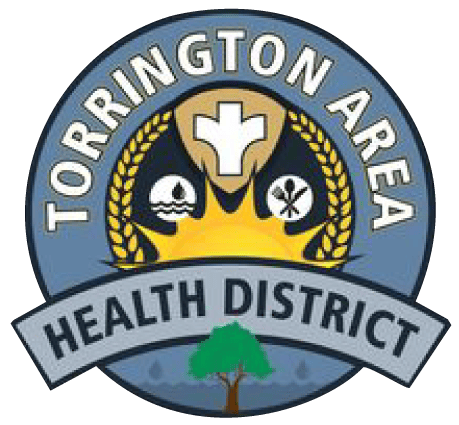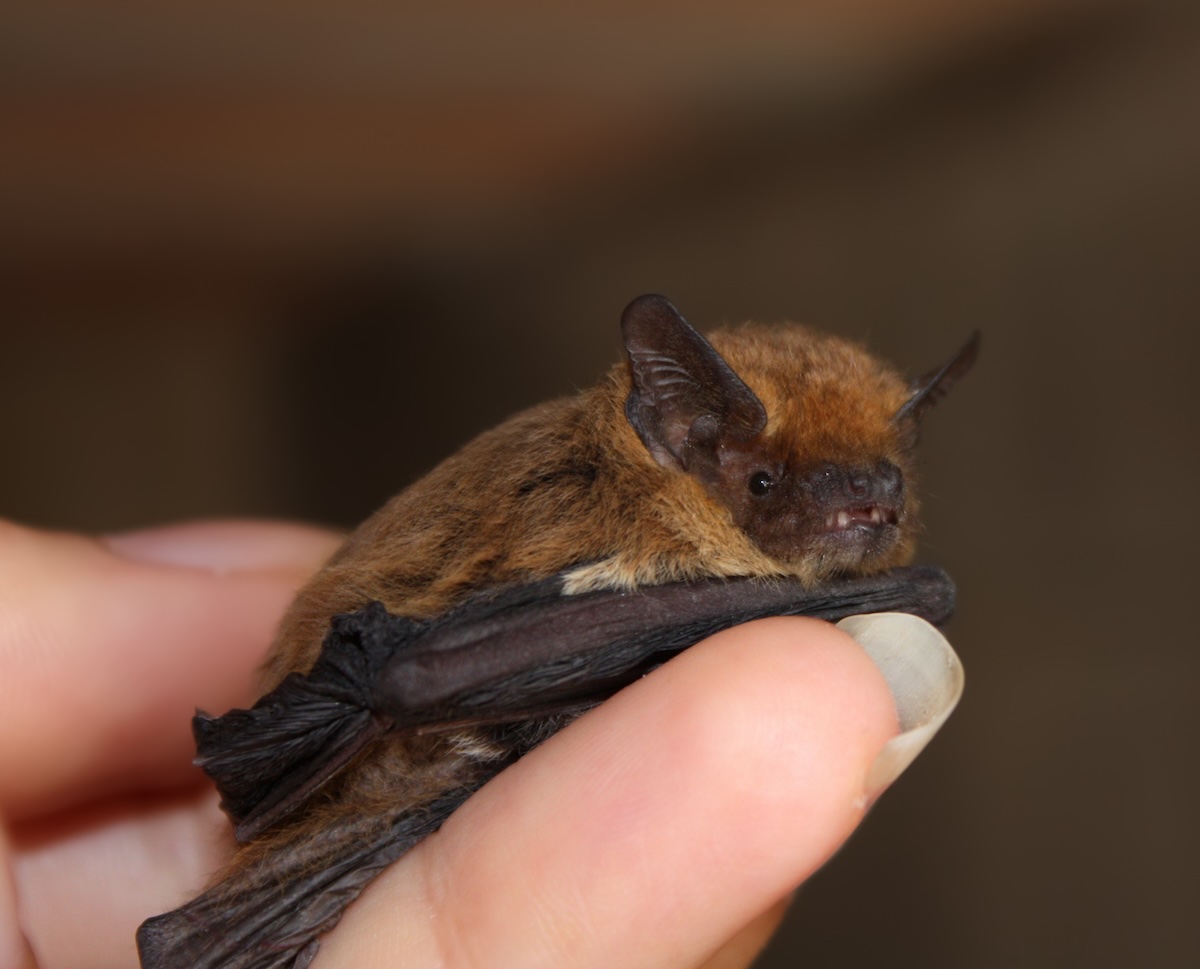Prevent Potentially Deadly Exposure
Rabies is a deadly disease that infects only mammals. Human cases of rabies in the U.S. are rare but almost always fatal. The last reported human case in Connecticut was a 12-year-old girl in Greenwich in 1995.
In Connecticut, raccoons, skunks, bats, and cats are the most common carriers of the rabies virus. Rabies is transmitted through bites or when infected saliva enters an open wound, eye, nose, or mouth. Once symptoms appear, rabies is untreatable and fatal. It must be prevented with a series of rabies vaccinations, which should begin immediately after exposure.
Rabies Prevention
• Vaccinate your pets against rabies – It’s the law, and pets serve as a protective barrier between wild rabid animals and your family.
• Keep pets indoors or supervised – Preventing contact with wild animals greatly reduces their risk of exposure.
• Avoid contact with wild or stray animals – Some rabid animals may not appear sick. Teach children never to pet or feed wildlife or stray animals.
• Bring pet food indoors at dusk – Avoid attracting nocturnal wildlife to your home.
• Secure garbage containers – Food sources attract nuisance animals.
• Report unusual animal behavior – Contact local police or an animal control officer if you notice an animal acting strangely. Bring pets and children indoors.
• Bat-proof and raccoon-proof your home – This is best done by a professional.
What to Do if a Person Is Exposed to Rabies
- Without risking personal injury, try to capture the wild animal involved in an incident for later rabies testing.
- Try not to panic – Wash the affected skin thoroughly with soap and hot water.
- Immediately contact your doctor and the Torrington Area Health District.
- All incidents involving bats indoors should be evaluated with the Torrington Area Health District – catch the BAT!
- Rabies vaccine is available at local emergency rooms for immediate treatment.
What to Do if a Person Is Exposed to Rabies
- Capture the wild animal, if possible, without risking personal injury – This allows for rabies testing.
- Wash the affected area immediately with soap and hot water.
- Contact your doctor and the Torrington Area Health District for further guidance.
Animal Rabies Testing
- Large domestic animals – Must be prepared and submitted by a veterinarian.
- Smaller wild animals (e.g., bats, raccoons) – Can be brought to the Torrington Area Health District for preparation of shipping of rabies specimens to the State Lab.
- Contact the Torrington Area Health District for further instructions.


